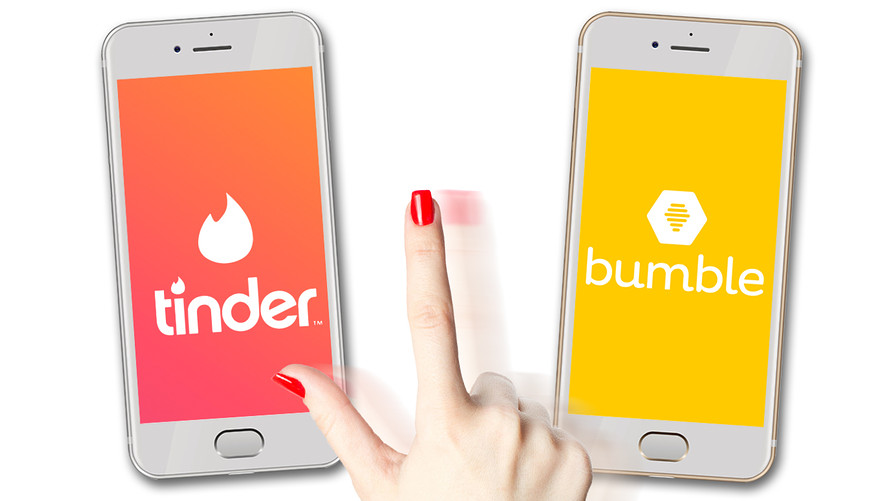While online dating has existed in some form since the early stages of mainstream internet connection in the 1990s, Tinder is ultimately credited with revolutionizing the first wave of dating apps. It remains the world’s most downloaded dating app, with 30 billion matches made for more than 57 million active users as of 2020, 6.6 million of which are paying subscribers.
Comparatively, Bumble has 12.3 million monthly active users as of September 2020, with about 1.1 million paying users. While there are hundreds of dating apps on the market, many dating back to the early days of internet dating, Tinder and Bumble are the most popular dating apps in the United States.

However, while many users freely alternate between the two apps on their phones, the companies have often been at war with one another.
Infamously, Tinder co-founder Whitney Wolfe Herd departed the company in 2014 to start Bumble after ending her relationship with Tinder’s chief marketing officer, Justin Mateen. Mateen had created a hostile work environment, insulted her in front of Tinder staff and CEO Sean Rad, and stripped her of the title of co-founder on the supposition that a young female co-founder would devalue the company and cause it not to be taken seriously by investors. Rad had previously been the CEO of Match.com, which eventually formed Dallas-based Match Group that owns 45 global dating apps including Tinder, OkCupid, Hinge, and Plenty of Fish. When InterActive Corp (IAC) was still Tinder’s parent company, Rad was demoted from his CEO role in the wake of the sexual harassment lawsuit following Mateen’s resignation. While Wolfe Herd settled the lawsuit out of court with neither IAC nor Tinder admitting guilt, the board nevertheless decided to fire Rad.
Bumble quickly grew in market share then went public in January 2021. Wolfe Herd had been instrumental to Tinder’s massive success when she was a VP of marketing. By targeting universities with robust Greek life, she focused on getting female co-eds to sign up first, knowing that men would very soon follow. She took the same strategy in creating the woman-centric Bumble by addressing user experience problems that had made Tinder inhospitable to female users. While abusive behaviors like “negging” and receiving unwanted explicit photos from men ran rampant on Tinder and other dating apps, Bumble put the power into women’s hands by designing the usage around women approaching men, and moderators taking action on abusive users more swiftly than Tinder and Match.com.
However, long after the lawsuit’s settlement and ousting of Tinder executives, the two largest dating apps still feud in court and the media. IAC, which owns the Match Group, offered to purchase Bumble for $450 million in 2017, and Bumble declined. A few months after Bumble made a counter-offer, Match Group sued Bumble for misusing trade secrets and copyright and trademark violations. Bumble then counter-sued on the grounds that Match wanted the firm to expose confidential information due to the acquisition offer, then sued to potentially ward off other investors. In 2018, Tinder introduced a new feature that essentially copied Bumble’s foundation: a setting for women to only interact with men of their choosing.
Even if the personal dispute between the original founders concluded, the management and legal teams of the apps still clash with one another as their users remain relatively unaware.







